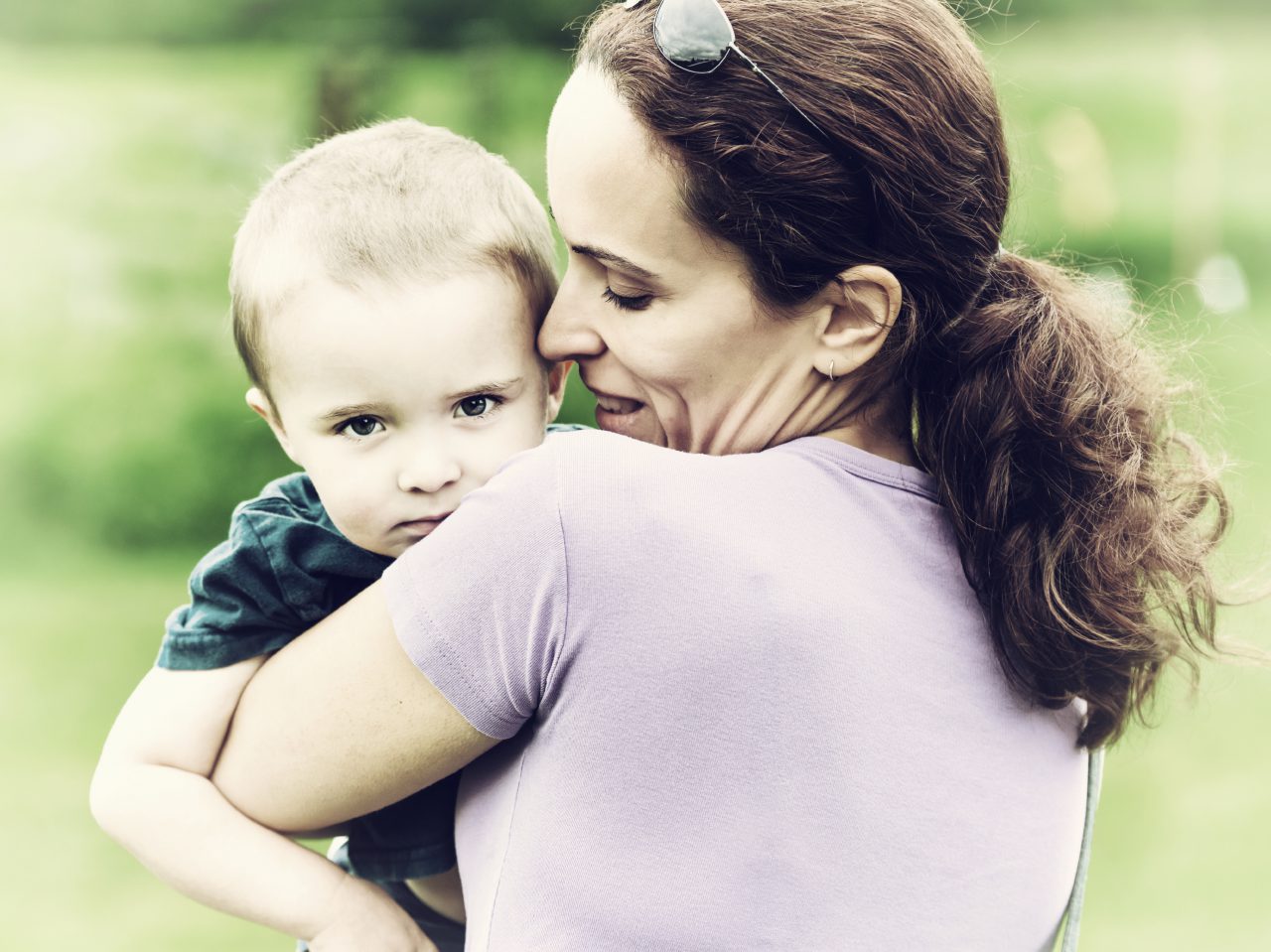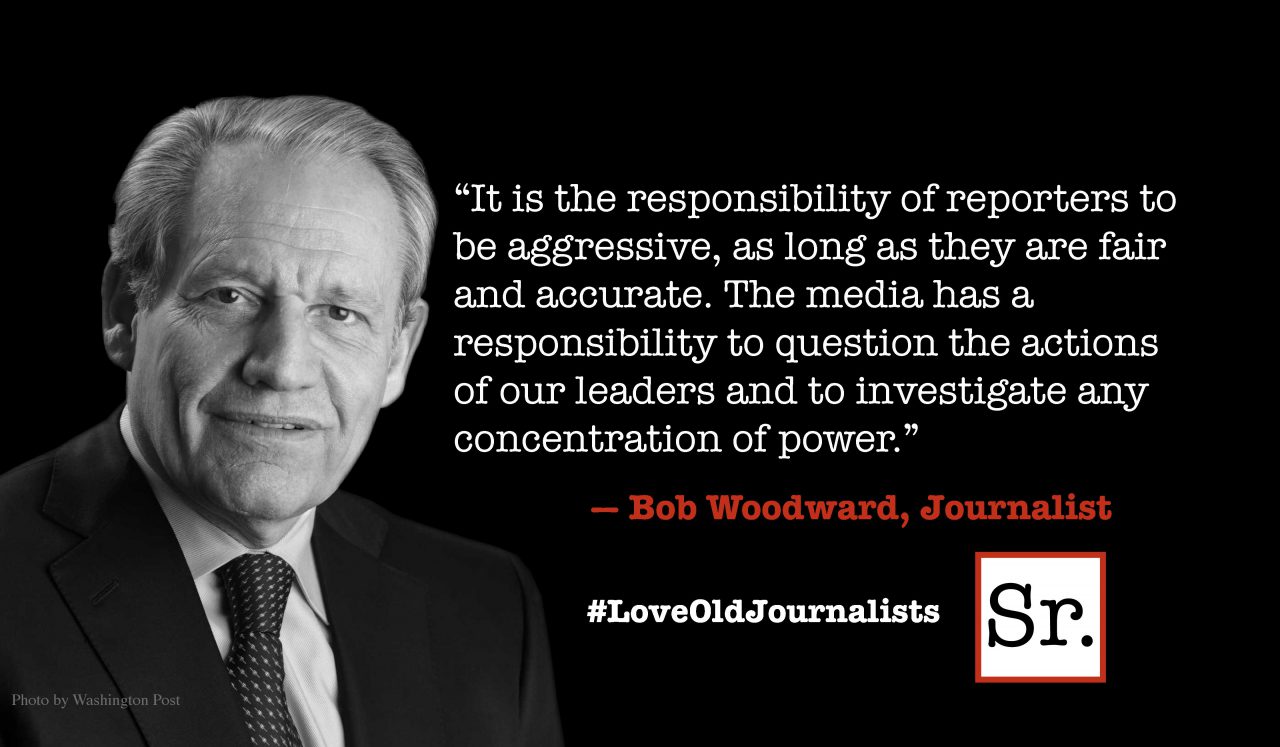A list of some of the more memorable elements of pre-1960s parenting is in constant circulation on the Internet and is especially popular with people my age, who can for obvious reasons relate. The items include that we drank from garden hoses and survived, didn’t wear bike helmets and survived, could only take a test once and never had to see psychologists for test anxiety, and so on.
The point is that kids in the pre-micromanagement and pre-coddling days enjoyed a freedom that kids today, by and large, don’t even know they’re missing. For one thing, we were free to fail, which is the greatest of all freedoms.
I happen to be of the politically and psychologically incorrect opinion that parenting was a far more functional institution in the 1950s than it is today. The irony is that today’s parents, compared with 1950s parents, are paying more attention to, doing more things for, providing more help to, and praising their kids far, far more. Yet, child mental health has been decaying steadily since then.
Most of us came to first grade not knowing so much as our ABCs, and yet, we outperformed today’s kids at every grade level. We left home earlier, and when we left, we stayed gone. We accepted responsibility for our bills. We took on family responsibilities earlier. We did not march in the streets for entitlements. We demonstrated for justice for all.
The biggest difference, however, was summed up nicely by a friend: “We knew who was running the household, and it wasn’t us.”
Our parents did not seek our opinion about such things as what we would deign to eat for dinner and did not care whether we approved of their choices or not. Furthermore, they did not care how we felt about any decision they made. We were given reason to control our emotions rather than let them control us. If you don’t think that’s a good thing, you’re controlled by your emotions — I’m sorry.
Our parents did not saturate our lives with things nor did they plan our activities. Therefore, from an early age, we learned to entertain ourselves. They gave to us very conservatively, so we were grateful for whatever they did give us. We did not receive something because our friends had all received it. In fact, it often seemed as if that was the very reason we were not going to receive it.
The only after-school activity our parents ever chose for us was, “Go outside and find something to do, and don’t come back until dinner or I’ll put you to work around here!” And our mothers helping us with our homework? Ha!
Our parents valued their marriage and let it be known that they intended for it to far outlast our dependency. They did not share their standard of living with us. Dad bought a new car, he bought me a used bike — that sort of thing. That convinced us we would be able to make a better life for ourselves than our parents were willing to make for us.
We were put in our place until we learned where it was, and then we stayed there. We heard “no” much more often than we heard “yes” — I call it Vitamin N. It strengthens resolve, tenacity, perseverance, patience and other old-fashioned character virtues that now seem as out of fashion as fondue.
Then again, I understand that fondue is making a comeback. Perhaps there is still hope.









